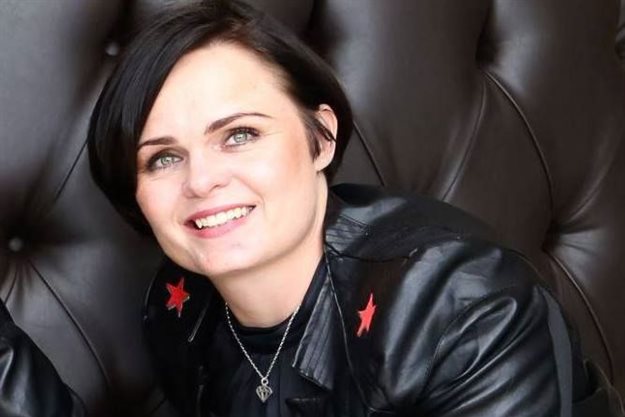#BizTrends2021: Nurturing events back to life

1. The ecology of creativity
This description from the eclectic David Byrne resonates with me. The ecology of creativity is about the importance of seeing human beings as active shapers and seekers of their environment.
Byrne says that when we focus on creating sustainable creative hubs. “There is a clustering effect—people influence, inspire and engage with one another. Eventually you get an effect that is greater than the sum of its parts.”
Holding events in an ecology of creativity will be something we see more of in 2021. The areas are generally bigger (for social distancing) and have added purpose to them instead of just being a “venue”. This brings in challenges for us because we now need to double the space to make sure we keep everyone safe while keeping it creative.
We already have amazing clusters of creativity in Johannesburg, think Victoria Yards, Keyes Art Mile, Maboneng Precinct, Newtown and 1 Fox Precinct.
2. Hybrid events
Hybrid events are here to stay as they offer more engagement in terms of just virtual events and, if done right, you can interface with the main event and connect face-to-face for conversations through your screen. Warning though: people are already a suffering from virtual fatigue, so there’s a real need to stand out with differentiation, brilliantly planned (but with room for spontaneity) content and incentives to secure a return audience.
3. Uber-virtual tech
Who else to follow in terms of event trends and doing it bigger and better, before anyone else? Tony Robbins. His evangelical passion for live performance was curbed during lockdown, so he created a Zoom board. This included an immersive 360-degree virtual studio, combining real-time game engine technology with video capture and playback, secure and scalable cloud-based tools, and custom AI neural networks. Robbins’ Unleash the Power Within event in July 2020 had 22,500 people join from 143 countries. I think there’ll be a few politicians jumping on this trend too. It’s a powerful thing.
3. The Patreon model
This is kind-of opposite to the mass audience model by Tony Robbins and it’s more of an anti-event or online trend. Patreon is a membership platform that provides business tools for content creators to run a subscription service. It helps creators and artists earn a monthly income by providing rewards and perks to their subscribers. Why is it important? With the live event cancellations during lockdown, 50,000 new artists joined Patreon in March 2020 alone. It’s an incredible business model, sustaining artists around the world, but it does mean we probably won’t be queuing to get into the FNB Stadium to hear live music any time soon. We have to think differently around events using artists, personalisation is key, giving an audience exactly who they want to see, but just not in the “real” world.
Brandon Stanton from Humans of New York is doing this well. I follow him religiously. The stories move me and make me think about humanity and carrying on the do-good factor!
4. Purpose-driven
This is a big one for me. I was recently part of a webinar series with Mike Middleton, futurist from Innate Motion. Liezl van der Walt and “Good Things Guy” Brent Lindeque debated purpose vs profit for businesses going forward. The two aren’t mutually exclusive but we will need to be extremely mindful of ways to generate positive community or social outcomes from events in 2021.
Personally, I won’t stop trying to help make a difference. 2021 is going to be tough, but if we can have a purpose-driven angle to every event, we will do what we can help to each other through.
Lastly, with news of a vaccine on the horizon, there are rumours from overseas of the new way of attending events – either show a negative Covid test done within the last two weeks, or be vaccinated on entry. Fact or fiction? It’s hard to tell as our new reality already seems like something out of a sci-fi movie.









































